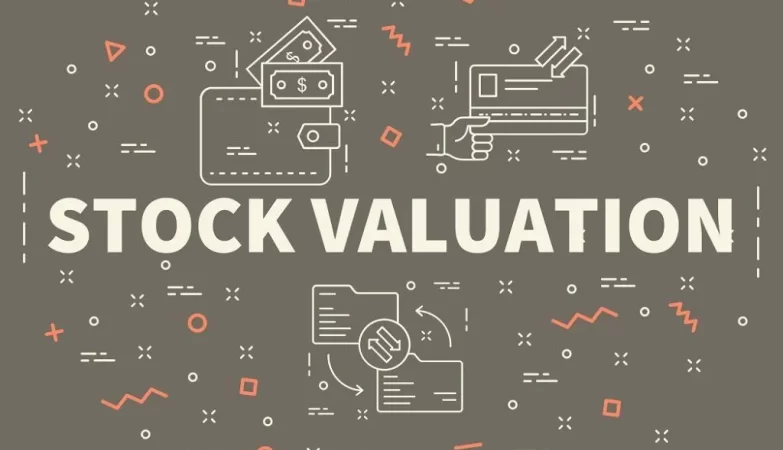As a business owner, you understand the necessity of having an emergency fund. It can provide protection in times of unexpected challenges and opportunities that come your way.
As a general guideline, try to save at least three to six months of operating expenses in your business emergency fund. However, if you can’t spare that much money immediately, start small and build up gradually over time.
Maintaining Your Business Credit Score
Maintaining an emergency fund for your business can be a great way to ensure the smooth running of the operation in case of disaster. It also supplies the funds necessary for payroll and covering bills until your enterprise recovers from these setbacks.
Accessing funding for your business, whether it be a loan or credit from a vendor, requires having an impressive business credit score. This rating will determine what interest rates lenders are willing to provide you and the terms of any loans you take out.
Constructing business credit is a multi-step process that takes time. It begins by creating a legal entity and obtaining an Employer Identification Number (EIN).
Keeping Your Business Afloat
Maintaining an emergency fund for your business is essential, as it gives you peace of mind. Cash on hand to cover unexpected expenses or sudden decreases in sales can mean the difference between keeping the doors open and shutting them down.
Ideally, you should set aside enough extra cash in a savings or money market account to cover six months of living expenses. However, this depends on the size of your business and any seasonal or cyclical fluctuations within your industry.
Start automating your savings so that you can easily set aside a certain amount each week, month or quarter and grow your funds without having to worry about it!
Keeping Your Employees Satisfied
A business emergency fund can be the difference in surviving unexpected expenses. Having one on hand helps cover unexpected costs like replacing equipment or paying down debt, so that you don’t need to rely on credit cards or loans for survival.
Experts advise setting a savings goal that’s achievable through monthly contributions. You want to save enough so you can cover short-term cash shortages, but not so much that it becomes an obstacle for your business’ spending power.
Employers are increasingly emphasizing the value of employee savings as a way to promote financial wellness and build loyalty within their workforce. New options such as SecureSave, an automated saving program, are becoming increasingly popular. These products automatically transfer after-tax funds from employees’ paychecks into savings accounts at partner banks where workers can track balances and transfer funds with their phones.
Keeping Your Equipment Working
Maintaining an emergency fund for your business can make the difference between being able to stay afloat and having to close down. This extra cash allows you to continue operating during challenging economic periods, even if sales are down or expenses are high.
Maintaining your equipment is paramount for keeping your business running smoothly, particularly when it comes to safety on the jobsite. Additionally, maintaining machinery helps extend their lifespan by preventing wear and tear as well as costly repairs.
Be familiar with your equipment’s limitations and capabilities so you can determine the necessary maintenance tasks to keep it in optimal working condition.
Additionally, it’s important to follow factory recommended maintenance schedules. Not only will this save you money in the long run, but it also guarantees your machinery remains under warranty protection.








